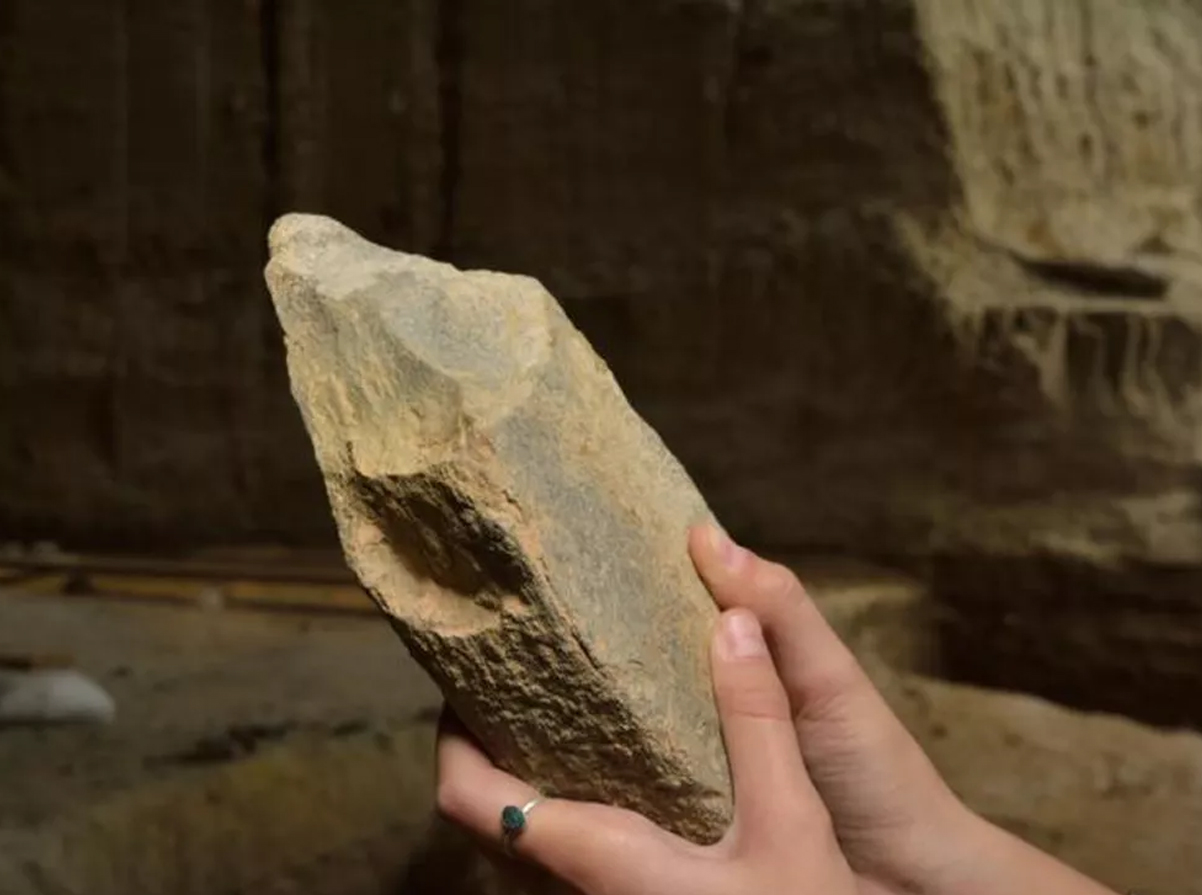Archaeologists have identified a major technological milestone in Europe’s history of toolmaking through a study of the Barranc de la Boella site in Catalonia, Spain.
Barranc de la Boella is the oldest Acheulean site in Europe, and one of the first known butchering sites on the subcontinent during the Pleistocene.
Researchers from the University of Santiago de Compostela and IPHES-CERCA analysed lithics produced by hominins at the site between 900,000 and 780,000 years ago.
The study, published in the Journal of Palaeolithic Archaeology, suggests that the Barranc de la Boella demonstrates an evolutionary milestone, shedding light on early hominin strategies in manufacturing and resource management.
According to the study authors, hominins exhibited advanced expertise in the production of large-scale Mode 2 (Acheulian), signifying a significant technological leap from earlier Mode 1 (Olduvaian) technologies.
Furthermore, they demonstrate meticulous planning and efficiency, by selecting materials based on size and purpose, and working stone off-site during early production stages for transport.
“The Barranc de la Boella is a key witness of the first dispersions of Mode 2 in Europe, marking a turning point in the technological history of the continent”, says Diego Lombao.
Similarities with other sites, such as Ubeidiya in the Levant, reinforce the hypothesis that these innovations were introduced to Europe through multiple migrations and cultural exchanges from Africa.
“The Barranc de la Boella shows us that the European continent was not an isolated scene, but a space of exchange and technological evolution in constant contact with Africa and the Near East”, added Lombao. This discovery reinforces the key role of the site in understanding the first chapters of the technological evolution of hominins on the European continent.
Header Image Credit : Andreu Ollé /IPHES-CERCA
Sources : IPHES-CERCA





